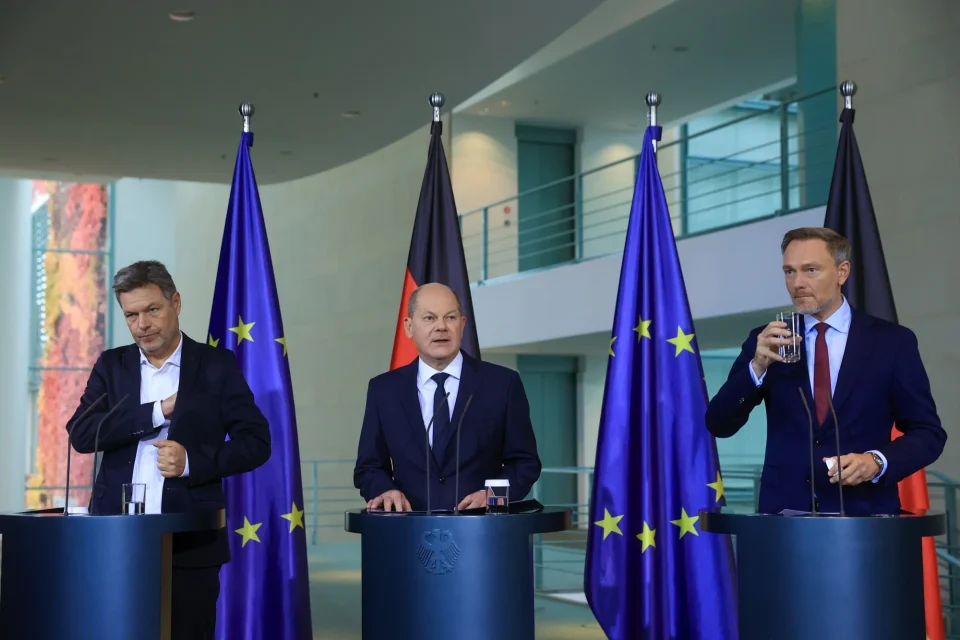Germany’s ruling coalition is on the verge of collapse, threatening political instability in Europe’s largest economy. The crisis escalated when Chancellor Olaf Scholz sacked Finance Minister Christian Lindner of the pro-business Free Democrats Party (FDP), citing a breach of trust after months of disputes over strategies to revive the struggling economy.
Scholz criticized Lindner for prioritizing his party’s short-term survival, stating, “This kind of selfishness is utterly incomprehensible.” Following Lindner’s dismissal, all three other FDP ministers overseeing transport, justice, and education also resigned from the government.
Lindner contended that Scholz fails to recognize the need for a new economic model, and accused him of lacking the strength to invigorate the country. The FDP has resisted tax increases and changes to Germany’s self-imposed debt limits, while Scholz’s coalition partners, the Social Democrats and the Greens, advocate for substantial state investment and reject proposals to cut welfare programs.
The political turbulence leaves Scholz dependent on parliamentary majorities for future legislation, and he has called for a confidence vote in his government on January 15. The outcome could potentially lead to snap elections by the end of March.
In a bid to secure support for passing the budget and increasing military spending, Scholz plans to reach out to Friedrich Merz, the leader of the conservative opposition CDU, which is currently leading in polls.
The implications of this political turmoil come at a time when Germany’s economy is projected to shrink or remain stagnant for the second consecutive year, grappling with both external challenges and domestic issues, including bureaucratic hurdles and a shortage of skilled labor.
Credit: Sky News




